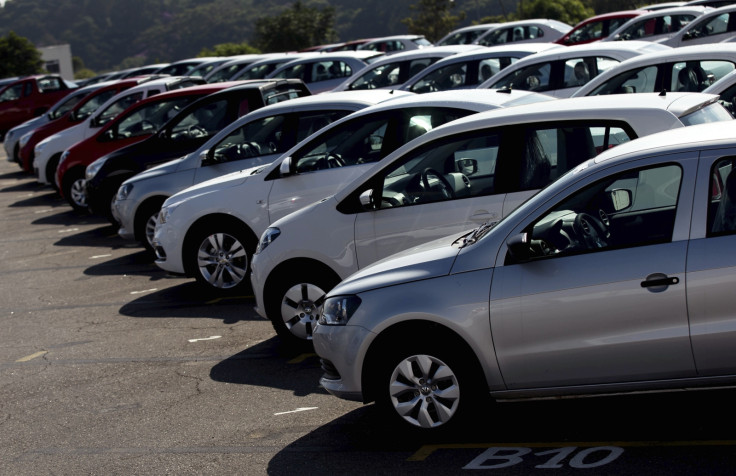UK to lead autonomous car industry into new era 'as revolutionary as Henry Ford's Model T'

A genuinely new era of motoring is about to begin and Britain will be in the driving seat to lead innovation of connected and autonomous vehicles, says transport secretary Robert Goodwill.
Speaking at the SMMT Connected conference in London, the MP said what is to come will be as influential to the motoring industry as Henry Ford and the Model T a century ago.
Goodwill said: "The industry's progress in recent years will be overshadowed by what's to come, which is a genuinely new era for motoring as revolutionary as the Model T and Benz Motorwagen...and vehicles and roads will be designed to work together."
At the dawn of the motoring industry over a century ago, Britain's red flag law meant a person had to walk in front of all vehicles to warn pedestrians. This hampered the country's ability to innovate, leaving France, Germany and the USA to become the founding fathers of motoring. Goodwill says Britain has learnt its lesson, and as the autonomous and connected car industries grow, he promises "there will be no red flag from this government, just a green light for the future".
Saying the UK is "at the front of the grid," Goodwill said the country's motor industry is thriving, turning over £60 billion in 2014 and producing 1.5 million vehicles with one rolling off a British production line every 20 seconds. The government pledged to spend £550 million between now and 2020 to support ultra low emission cars like the all-electric BMW i3 and Tesla Model S; the aim here is to have rapid car chargers within 20 miles of 95% of Britain's roads by 2020.
"We have world-leading capability - not to mention all that Formula One stuff going on here too - and we are rolling out smart motorways for the future. The results of this will be continuous smart corridors linking our major cities."
Autonomous car research and testing is already active in the UK, thanks to the country's more relaxed approach to self-driving car legislation. In the US only a handful of states allow driverless cars on their roads, whereas the entire UK is open to them, providing they meet the current motoring laws. "The UK is one of the best places in the world to try out this new technology," Goodwill said.
The development of connected and autonomous cars will help generate 320,000 jobs in the UK, reduce serious road accidents by over 25,000 cases, and deliver a £51bn ($76bn) annual boost to the economy by 2030.
Conducted by KPMG for SMMT Connected, research into the UK's burgeoning connected and self-driving car industries claims it will be a global leader in the production of next-generation vehicles. The figures will be discussed in detail at SMMT Connected in London on 26 March, the country's first industry-wide event to demonstrate how the UK is already developing cars of the future.
Mike Hawes, chief executive of the Society of Motor Manufacturers and Traders Ltd (SMMT), said: "Connected and autonomous cars will transform our roads and the way our society functions for generations to come, dramatically reducing accidents and helping to deliver more than £50bn to our economy.
"The KPMG report clearly shows the UK automotive industry is leading the way in developing the cars of the future and that it will act as a catalyst for wider economic benefits that will create more than 300,000 jobs by 2030."
© Copyright IBTimes 2025. All rights reserved.






















